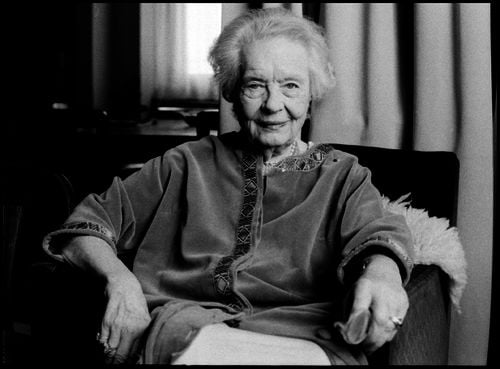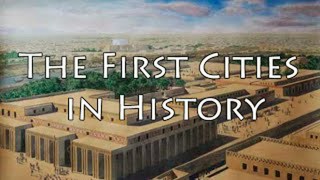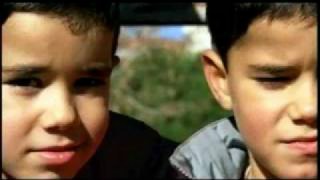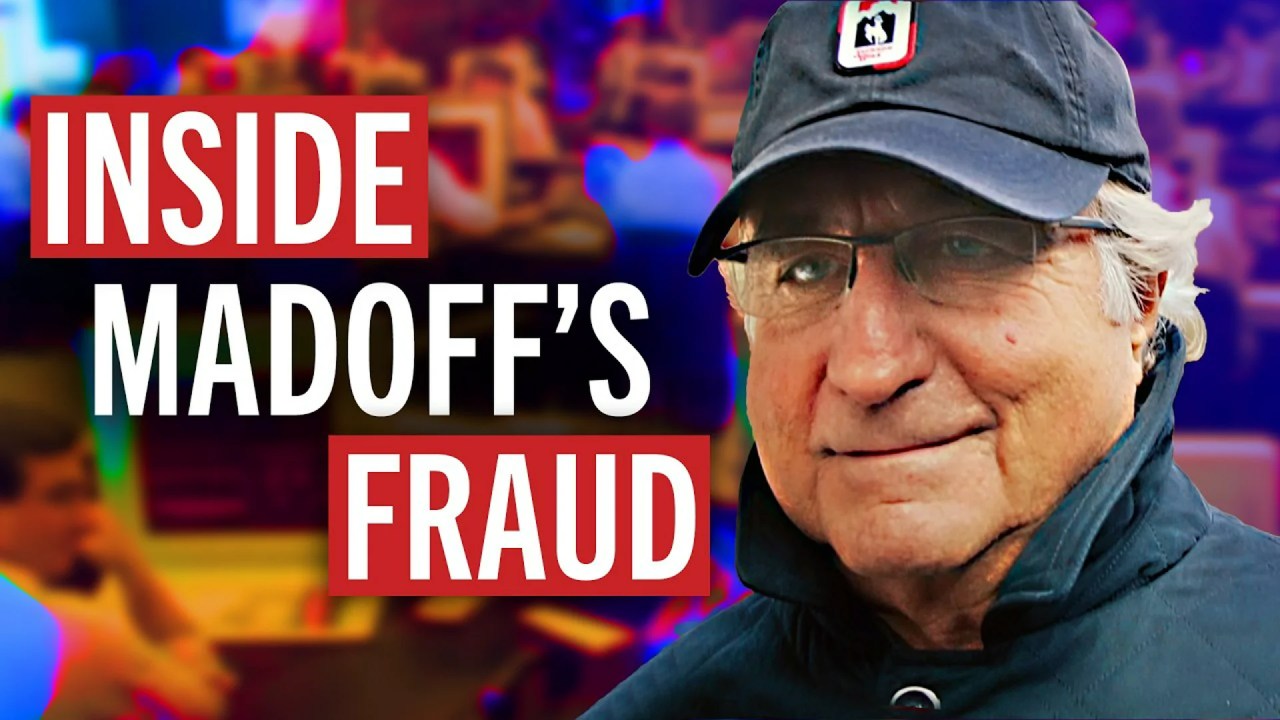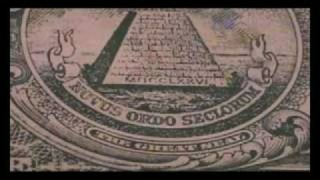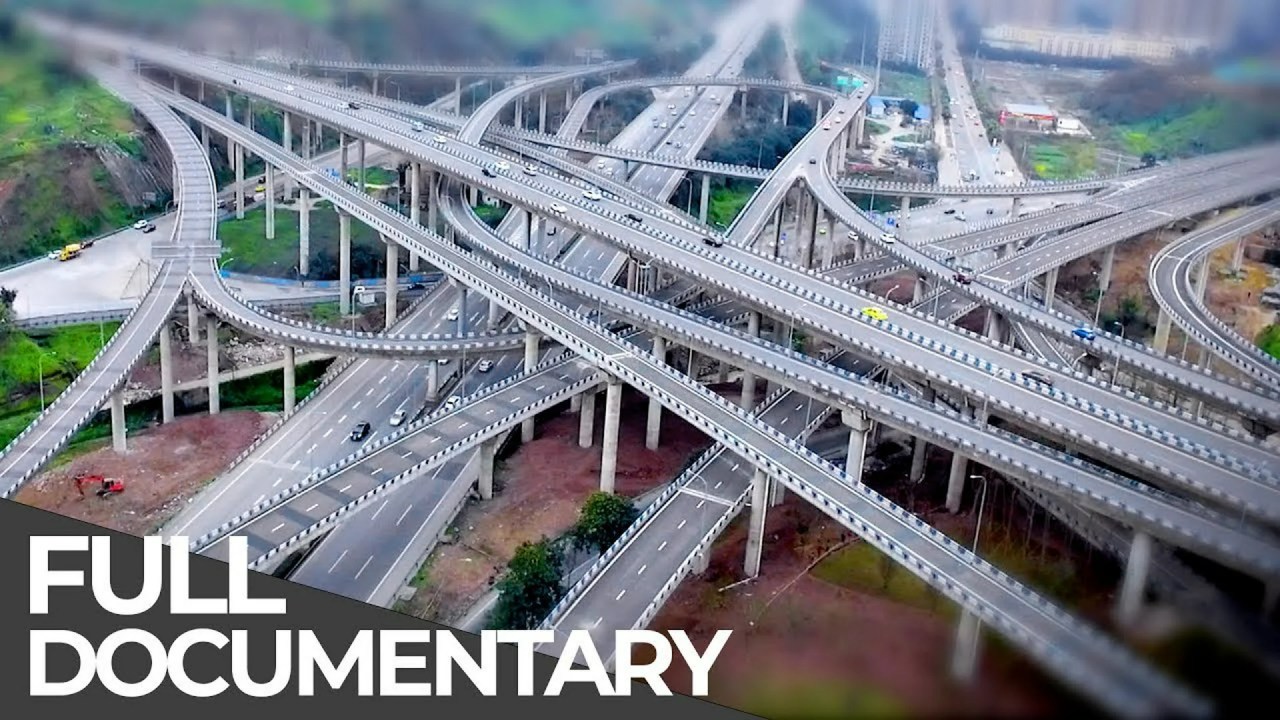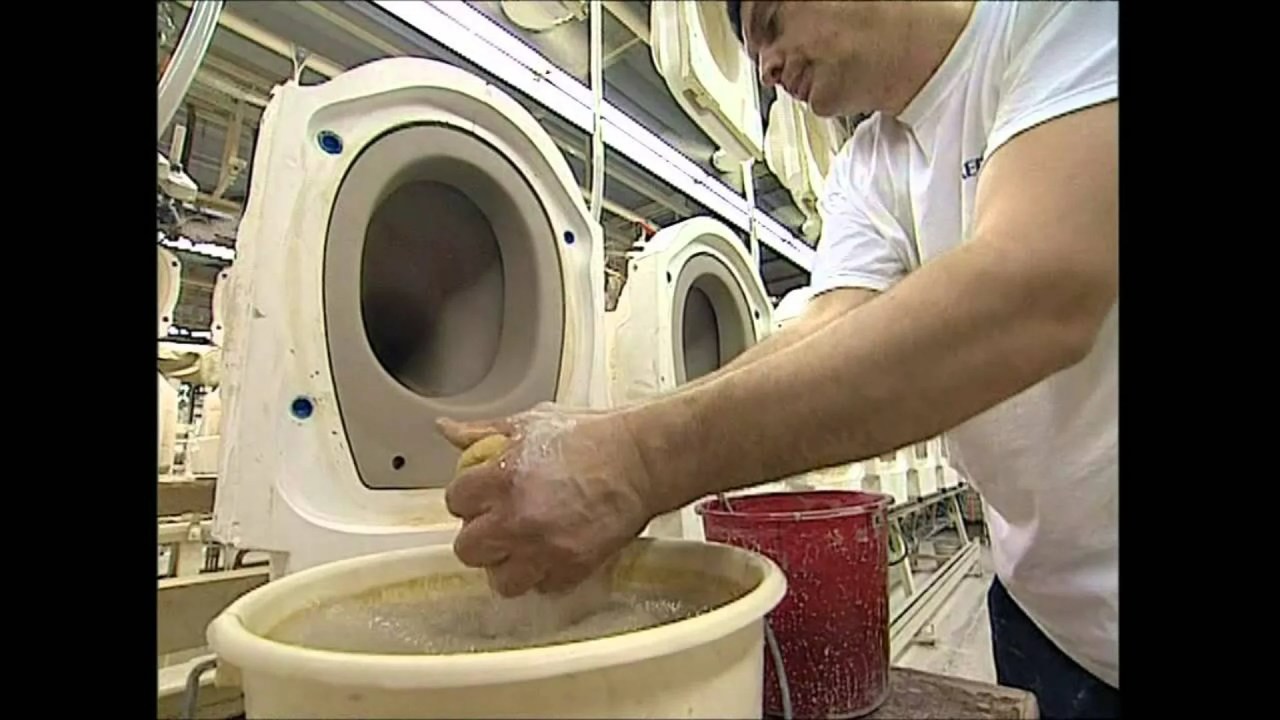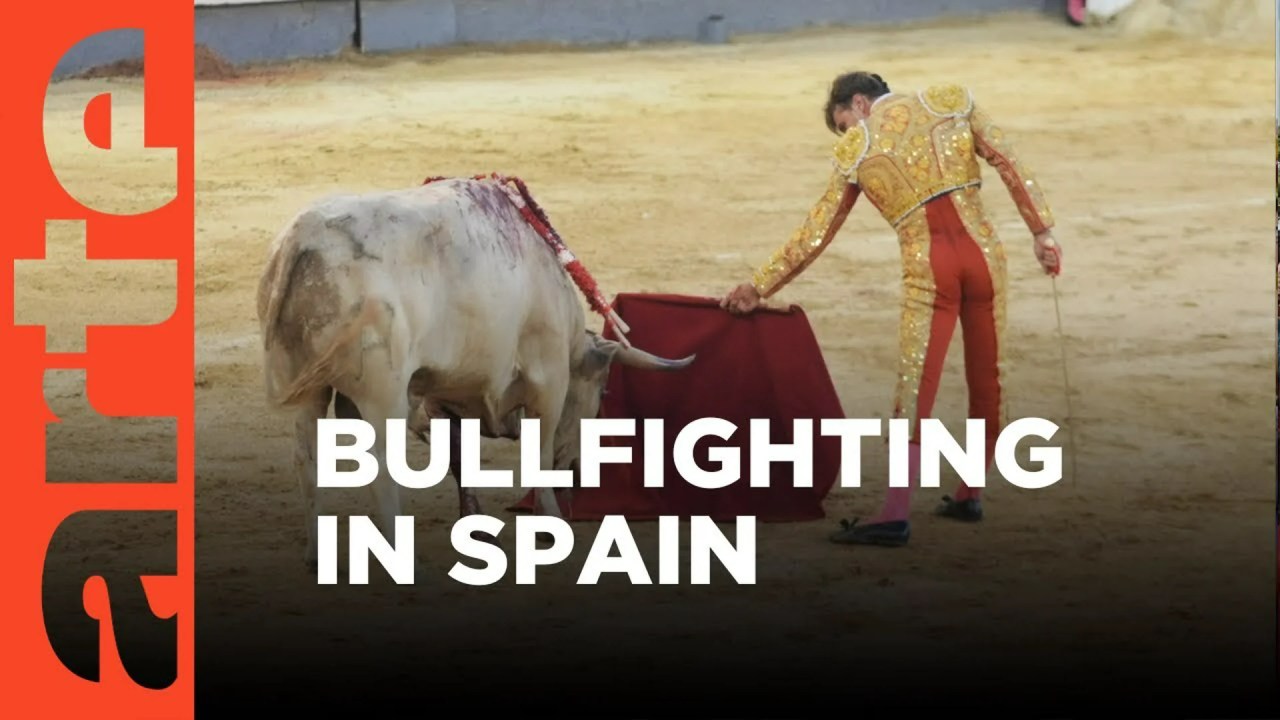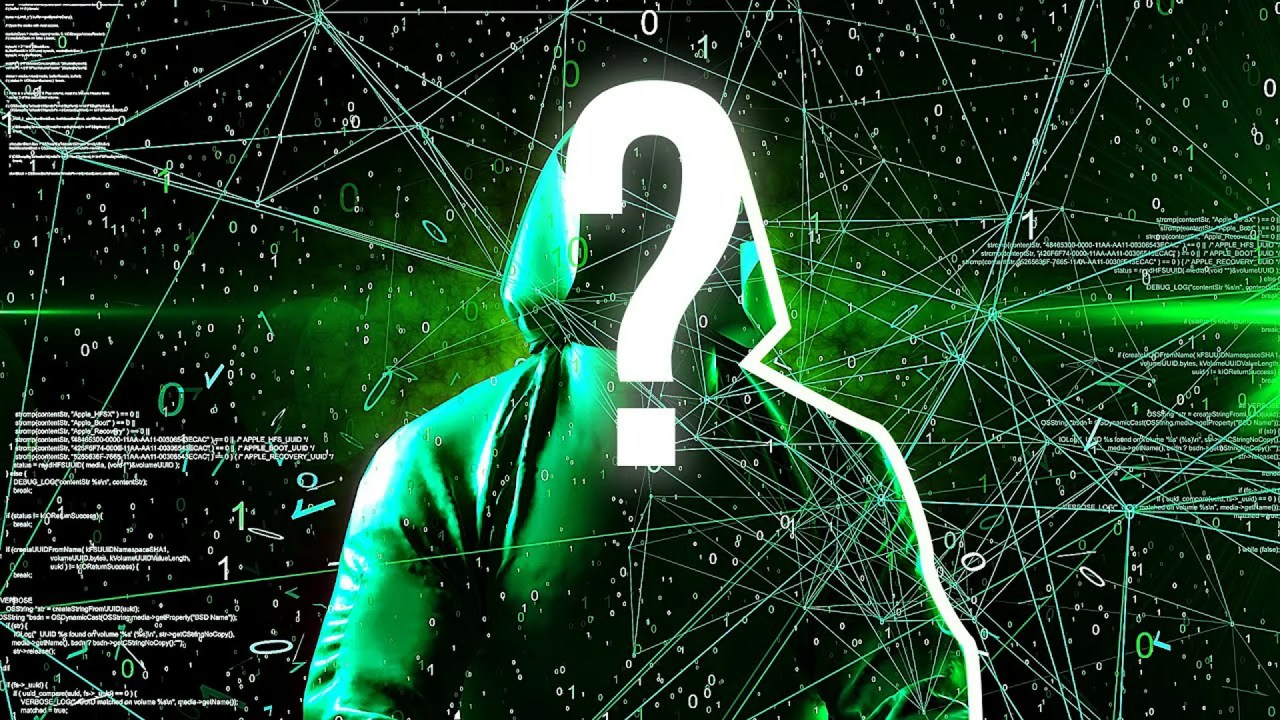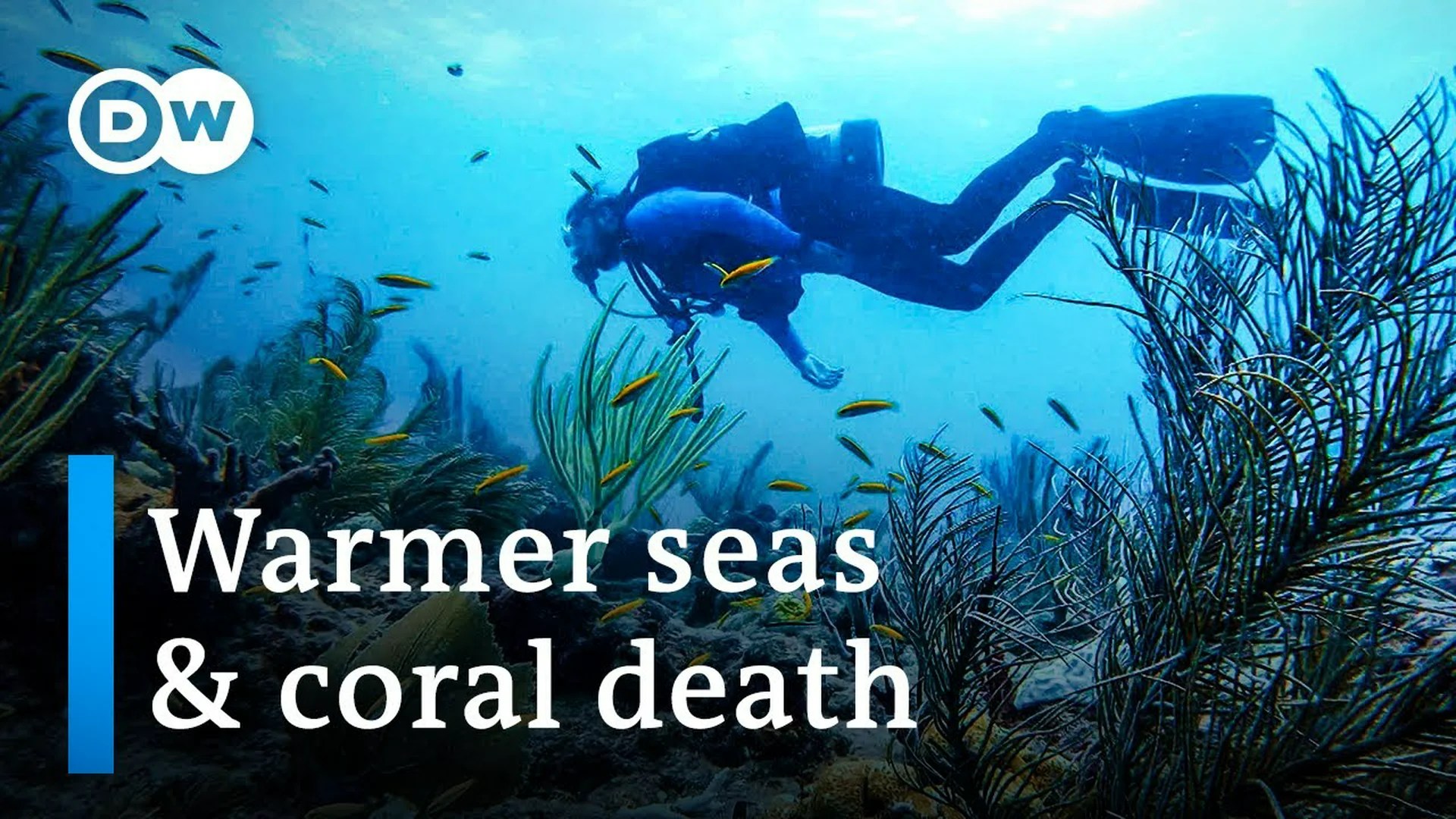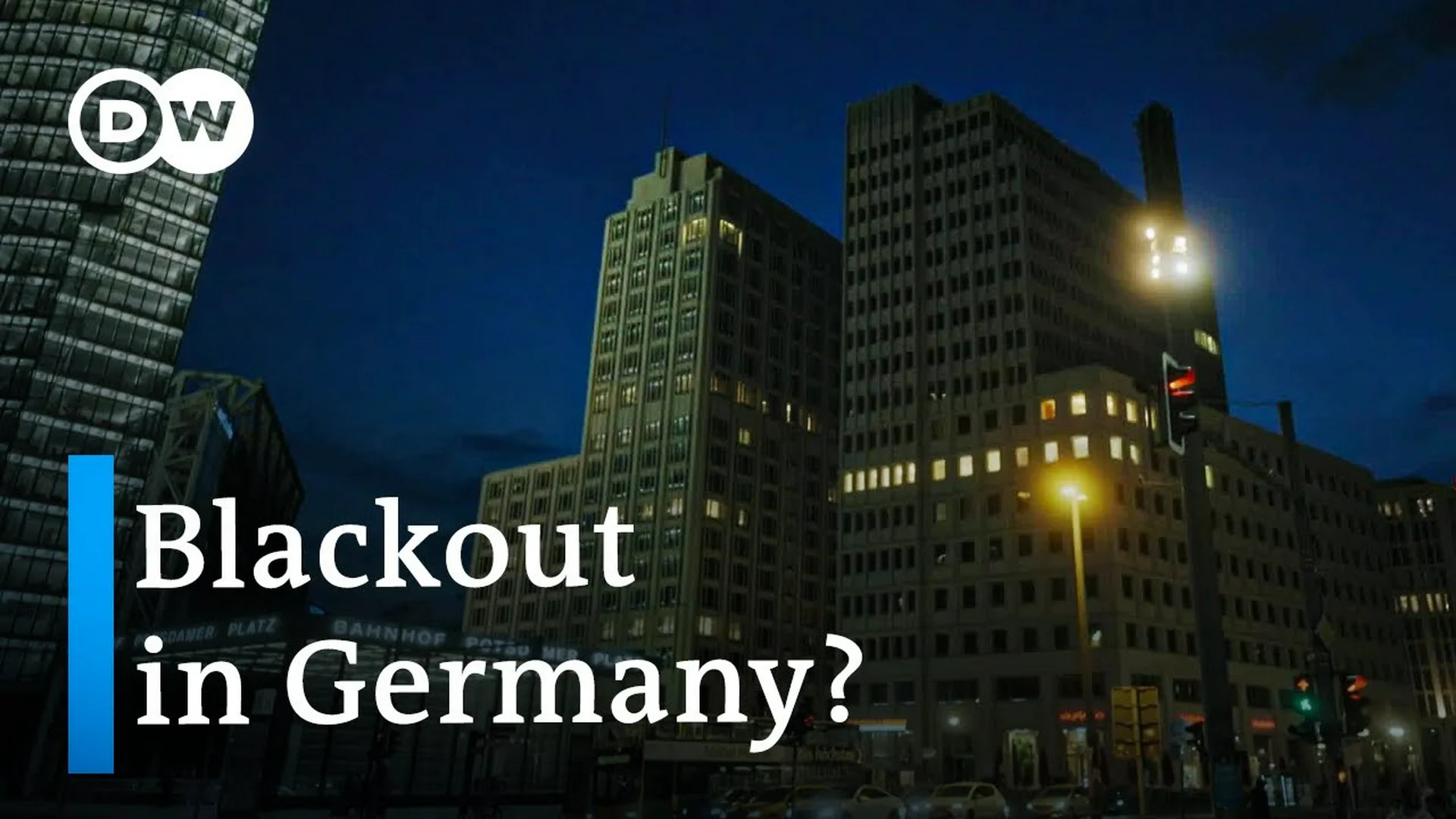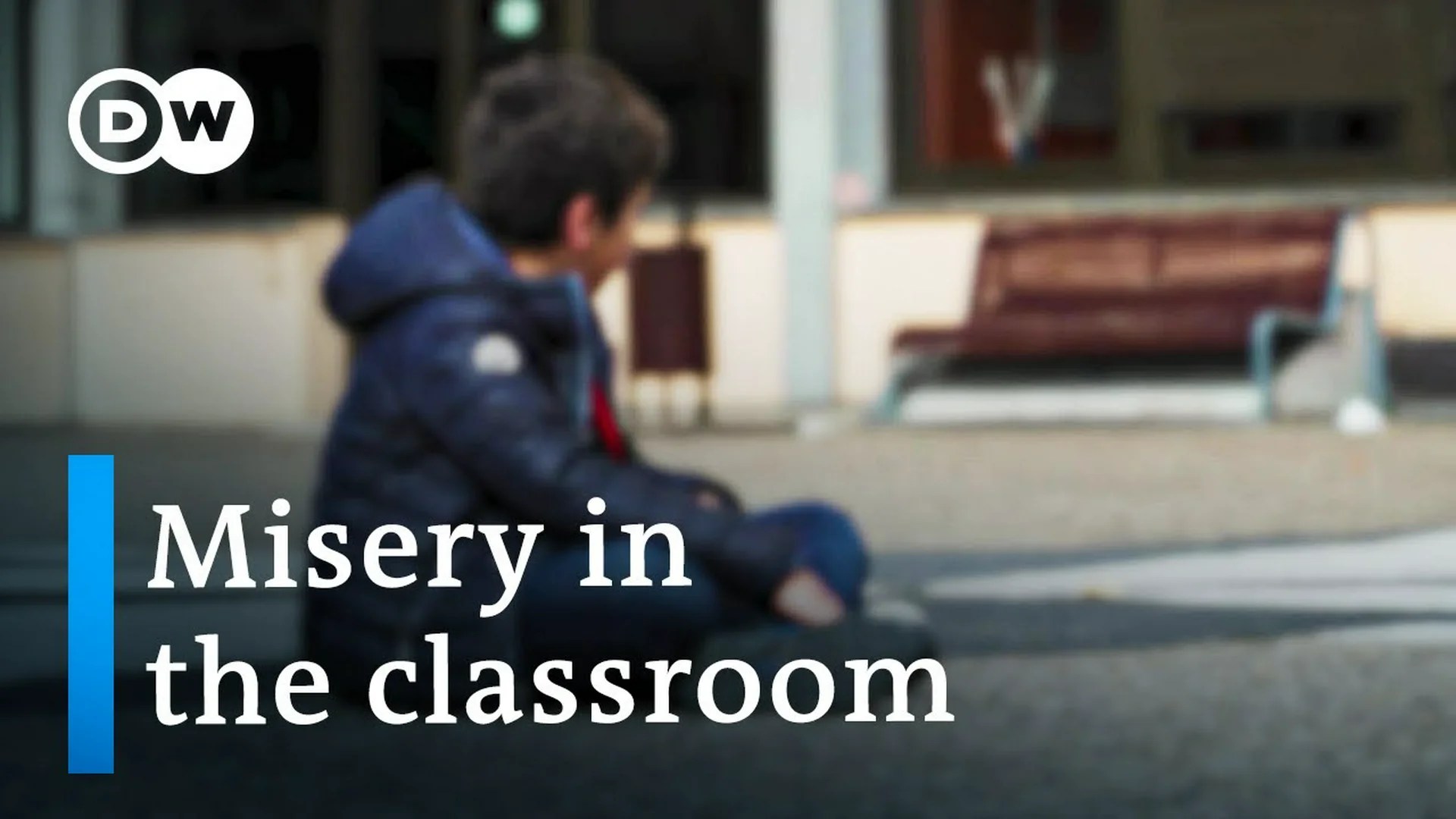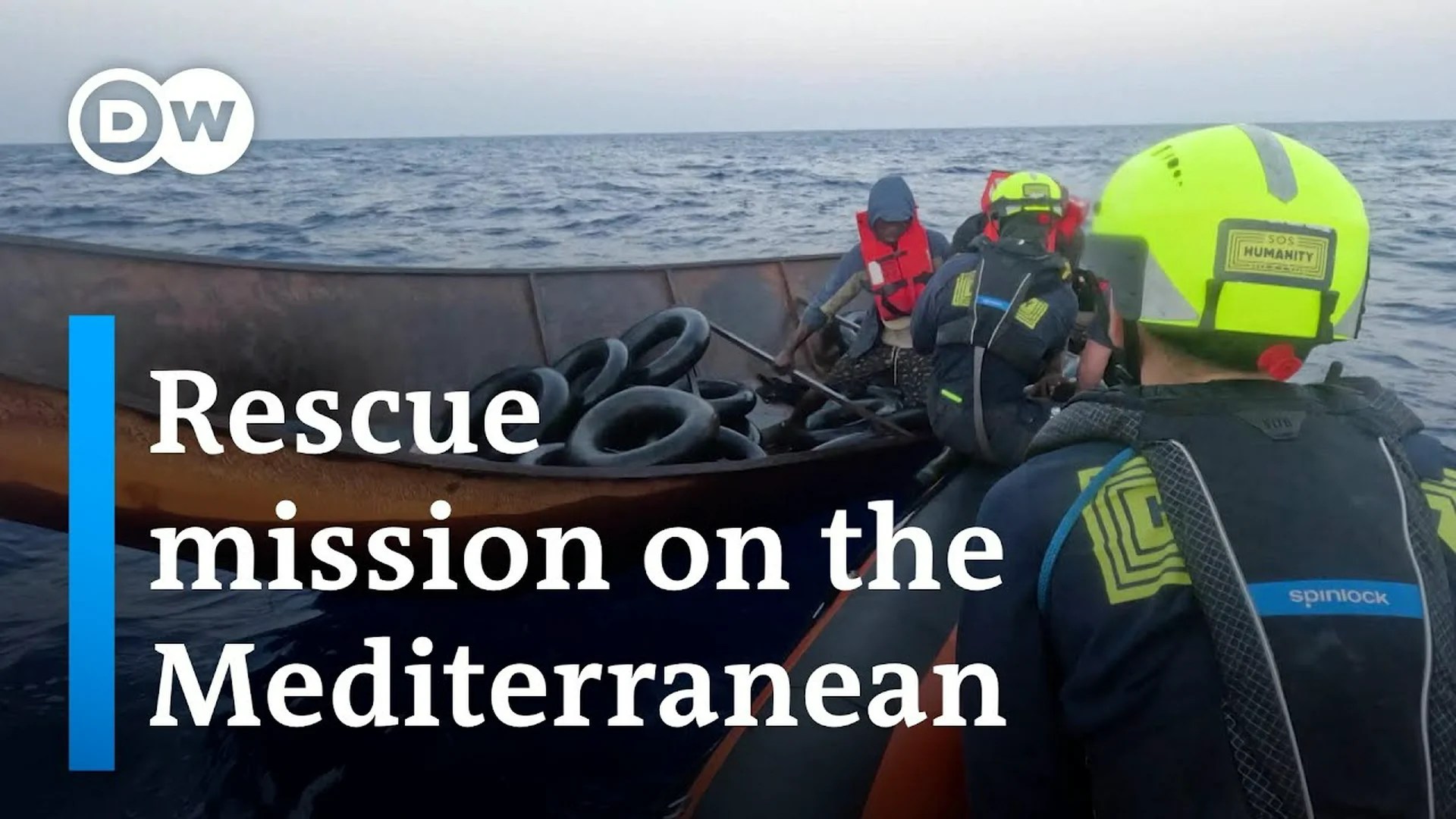Louis Weiss (Louise Weiss) was the first woman, and first ever to give a speech at the European Parliament. She is considered by many to be “the grandmother of modern Europe”, thanks to her lifelong battle for women’s right, equality and much more. Since the moment she was born, up until her death in 1983, Weiss was an influential voice not only in French, but also in international affairs. Louis, along with Robert Schuman, and Jean Monnet are considered the architects of the European Union. Here is a brief history of her work, her accomplishments and legacy.
Early Journalism Career and Activism
From the moment Weiss enrolled at the Paris University, it was clear she was born to be someone great. In her memoirs, the Grandmother of Europe writes “How could I accept the ordinariness of family life”, referring to her father’s wishes to become a housewife.
Weiss, however, was born for bigger achievements. Only 10% of French women at the time completed the aggregation, which at the time was a civil examination for positions in the public education system. She graduated in 1914.
With a university degree in her disposal, Weiss started her work in political activism after the outbreak of World War I. During World War I, Louis organized several small field hospitals in France for survivors. The disaster of the War pushed Louis to international affairs, and pursuit of peace.
![]()
However, because she was not allowed in political process, as women were excluded from politics in France, Weiss began her journalistic career, writing under a pseudonym for the Le Radical newspaper. During her early journalism career, Weiss was writing against the French government and exclusion of women. In the same time, she organized several humanitarian missions evacuating French from the Soviet Union after the Bolshevik Revolution. It was during this time that Weiss co-founded and edited the L’Europe Nouvelle weekly magazine. She stayed as editor until 1934, and under her management, the magazine became one of the leading in international affairs.
Weiss versus Nazi Regime
After the World War I, the League of Nations was formed with specific goal to prevent similar wars in the future. But Louise had little faith that the League will prevent the Nazi threat, and she was right.
In the years leading to World War II, Weiss was one of the few journalists that were bold and courageous enough to write about Nazi persecution of Jews and political dissidents.
In 1934, Weiss acknowledged that her writing in L’Europe Nouvelle is not enough to make a difference, and started a new organization, La Femme Nouvelle. The organization quickly gained reputation as one of the most energetic feminist organizations. And unlike other feminists, Weiss and her group asked for radical measurements, stating that peace cannot be achieve by diplomacy and peace negotiations. She organized several propaganda stunts, such as interruption of major sporting events.
One of her biggest stuns was the interruption of the Grand Prix horse at Longchamps. Weiss arranged for airplanes to drop leaflets, with the slogan “Even if you give us the vote, your socks will still get darned.”
In the late 1930s, Weiss turned her attention from feminist rights to international affairs. She urged the France Government, and specifically Foreign Minister at the time Georges Bonnet to sponsor refugee committee. Known as the Bonnet Committee, Weiss managed to use the assets to secure visas for more than 1,000 Jewish refugee children before the World War II broke.
During World War II, Weiss achieved another success. Her advocating for suffrage to French women finally resulted with the government giving right to women to vote in April 1944.
Post World War II Work
After World War II, Weiss began to travel the world, and write travel books. She called her books “Travel Books for the Handicapped”. She traveled with some friends, and published three travel books: “Gold, truck and Cross” (1949), “Enchanted journey” (1960) and “The Kashmir” (1955).
Legacy
There is no better and bigger proof of the influence Louis had than naming the Seat of the European Union in Strasbourg. In 1999, the building was renamed to bear the name of the Grandmother of Europe. At the inauguration, Nicole Fontaine, then president of European Parliament gave a speech, as well as then president of France, Mr. Jacques Chirac. In her speech, Mrs. Fontaine said “I am moved by the memory of this intrepid political journalist, who was born in 1893 and who, immediately after the end of the First World War, threw herself into the struggle for peace, European integration and women’s suffrage. Louise Weiss has remained the symbol of a visionary commitment to the cause of women and the cause of Europe, both of which are still highly topical. In 1979, after the first election of the European Parliament by direct universal suffrage, she was the oldest Member of our Assembly. Following the opening sitting which she chaired in that capacity, she had the joy of seeing
Mrs Simone Veil, who is present here today, elected the first President of the European Parliament”.
Other honors include:
– Primary school in Strasbourg bearing her name
– Honorary member of the Upper University Council in Strasbourg
– Grand Officer of the Legion of Honor
– Winner of the Robert Schuman Prize

